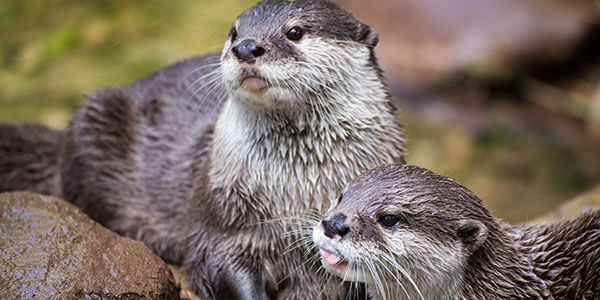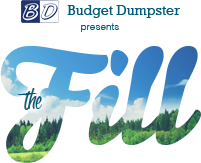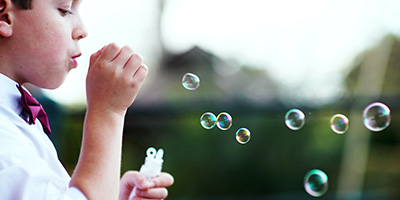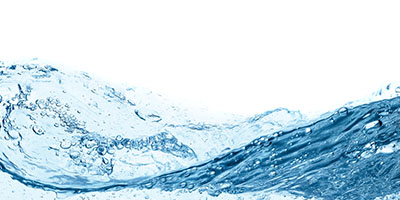World Wetlands Day: Wetland Conservation Efforts

Wetland Conservation
What’s the first thing you think of when you hear the word “wetland?” It may be a swamp or a marsh or even one of the many forms of wildlife they host. And while it may be easy to play a word association game, it’s likely the following question is significantly more difficult: Why do wetlands matter? So we thought today, being that it is World Wetlands Day, is the perfect time to answer that question.

Wetland: Land or area (as marshes or swamps) that are covered intermittently with shallow water or have soil saturated with moisture.
The simplest and shortest answer is that wetlands are vital to the health of our environment. Furthermore, they filter water, provide a habitat for essential fish and wildlife, and serve as a natural buffer that protects against flooding. And we're just scratching the surface. So regardless of your knowledge prior to reading this, our planet's overall dependence on wetlands makes their conservation a worthy conversation.
Why Wetland Conservation Matters
Think of a wetland as a five-tool player. But instead of a baseball player excelling at all aspects of the sport, a wetland excels at five important environmental functions.
- Water Purification - Traps sediments and retains excess nutrients and other pollutants.
- Flood Protection - Holds runoff after a storm and releases it downstream slowly.
- Shoreline Stabilization - Helps protect soils from the erosive forces of waves and currents.
- Groundwater Recharge - Retains water and provides time for infiltration to occur.
- Fish and Wildlife Habitat - Provides a unique habitat for species that couldn't survive elsewhere.
Maintaining these five functions is becoming increasingly difficult for wetlands environments. As commercialism, pollution and overfishing (among many other factors) continue to pose a threat, wetlands undeniably need environmental and economical attention.
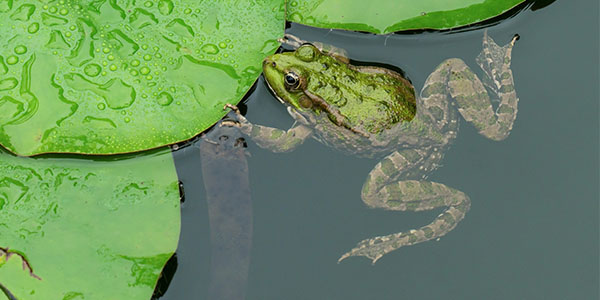
Over half the planet's wetlands have disappeared since 1900. The good news: organizations and people around the world have decided to do something about it. Conservation now comes in many forms and in many places. Take for example, The Wetlands Conservancy in Oregon.
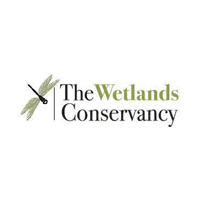
"The Wetlands Conservancy owns 32 preserves amounting to more than 1,500 acres of protected wetlands. Over the last ten years we have created Oregon's greatest wetlands, prioritizing the most important around the state. As the only organization in the state with a primary focus on wetlands, we are the voice of Oregon wetlands."
Kendra Manton | The Wetlands Conservancy
The Wetlands Conservancy is not only vital for conservation purposes, but for educating the public on the value of wetlands. If you travel across the United States, you'll find a similar message being spread in rural Virginia. The Wetlands Project works to develop educational programs to create long-term environmental and economic value to protecting wetland ecosystems. The approach is that when people learn more about these complex systems, they'll gain an appreciation for them.
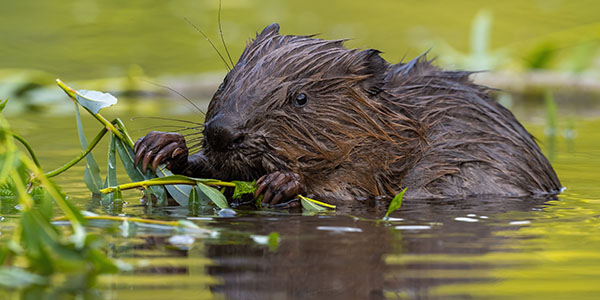
Pairing education with action is the goal of many wetland conservation nonprofits across the globe. While improvements have been made in areas where such organizations exist, the work never stops. As The Wetlands Project puts it, "Conservation is a cause that has no end. There is no point at which we will say our work is finished."
How You Can Contribute to Wetland Conservation
Wetland conservation efforts don't have to exclusive to nonprofits and government-run organizations. You can make a positive impact towards saving wetlands by implementing a few conservation tips into your daily life. Take these simple suggestions from The Wetlands Conservancy to help reduce your impact on the wetlands ecosystem.
- Plant native plants and limit use of fertilizers.
- Use non-toxic products in your home, lawn and garden.
- Buy sustainable seafood and organic produce.
- Use phosphate free laundry and dishwasher detergents.
- Get involved with a local organization that is protecting wetlands.
